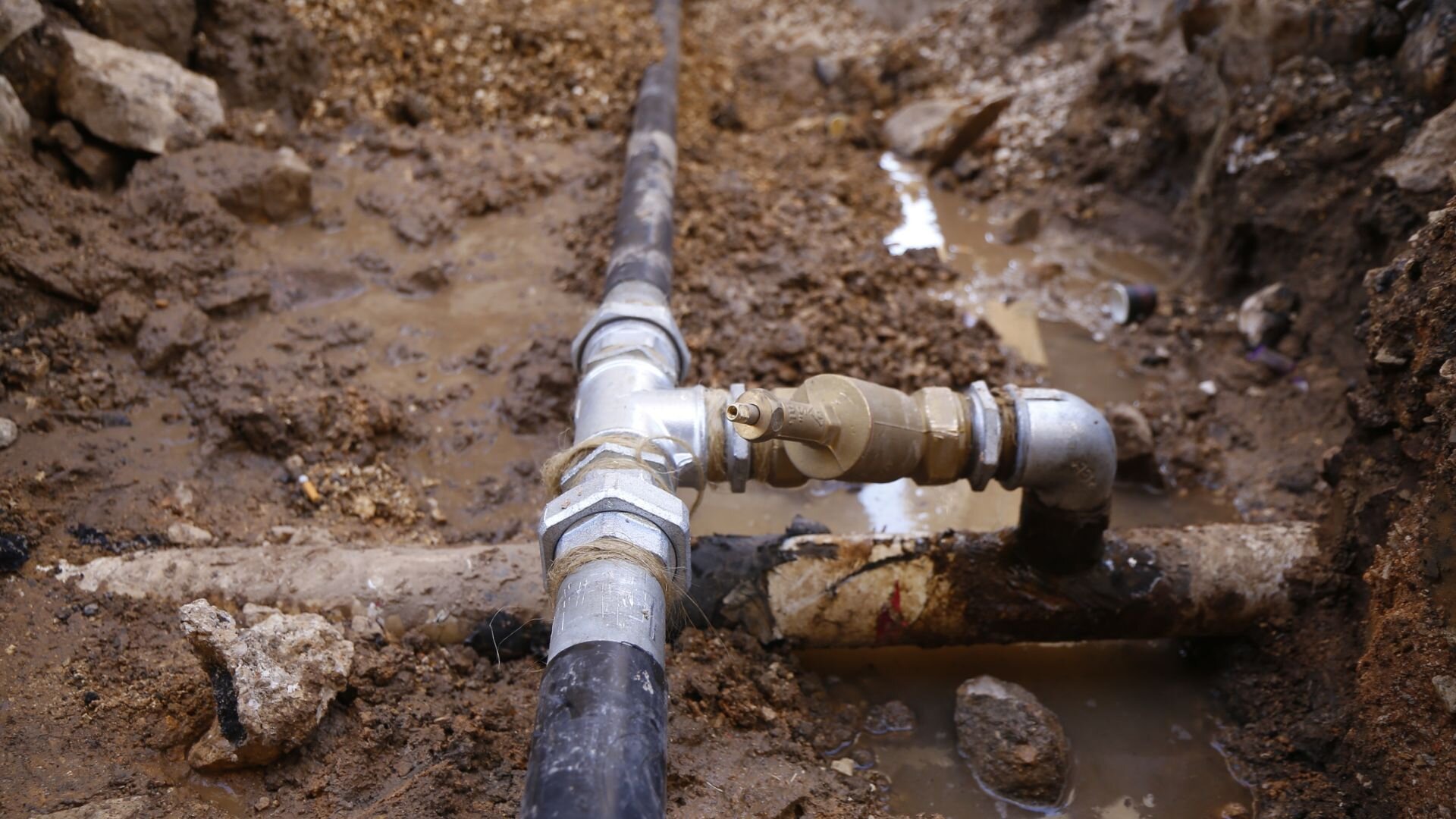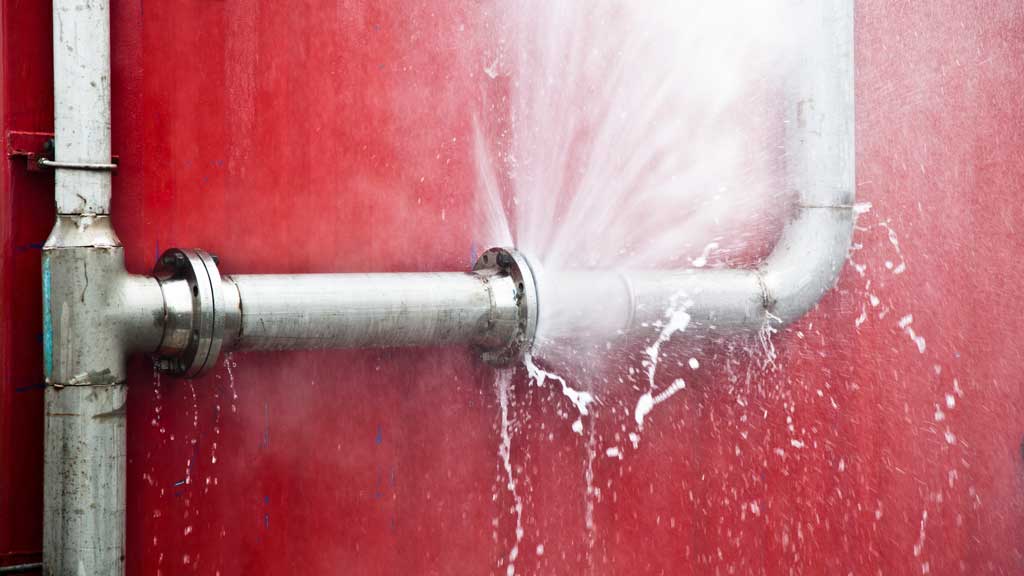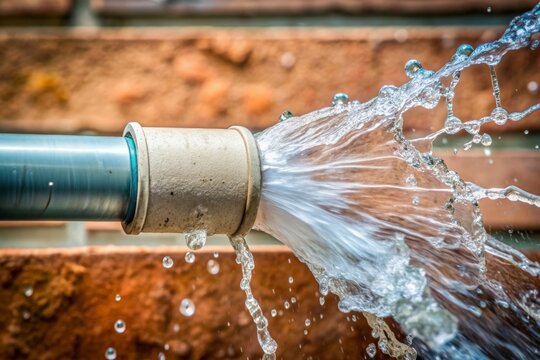Preventing a Burst Pipe: Tips for Protecting Your Plumbing During Winter
Preventing a Burst Pipe: Tips for Protecting Your Plumbing During Winter
Blog Article
Stopping Ruptured Piping: Essential Tips to Secure Your Pipes
Avoiding burst pipelines is a vital issue for homeowners, specifically during colder months when the threat of freezing is heightened. Executing strategic measures such as proper insulation, regular examinations, and preserving consistent interior temperature levels can significantly lower the probability of pipe failure.
Understand Pipe Vulnerabilities
Recognizing pipe vulnerabilities is vital for effective plumbing maintenance and protecting against pricey damage. A number of variables add to the sensitivity of pipes to ruptureds, consisting of material make-up, age, and ecological conditions. Older pipelines, specifically those made from galvanized steel or polybutylene, frequently degrade with time, bring about enhanced threat of ruptures and leakages.
Temperature changes can additionally substantially effect pipeline integrity. In cooler climates, water entraped in pipes can freeze, exerting and increasing pressure on the pipe walls, which might inevitably result in a ruptured. High water pressure can stress pipes, especially at joints and bends, heightening the probability of failure.

Insulate Pipeline Appropriately
Proper insulation of pipelines is critical for preventing freezing and succeeding bursts during chilly weather condition (burst pipe). Insulating your plumbing system efficiently safeguards against temperature goes down that can result in costly damage. Begin by recognizing at risk locations where pipelines are subjected to exterior temperature levels, such as cellars, attic rooms, and exterior walls
Use foam pipeline insulation sleeves or wrap insulation tape around these areas to supply a protective barrier. Guarantee that all areas of the pipelines, especially those with limited heat exposure, get appropriate insulation. Pay special focus to installations and joints, as these are more vulnerable to freezing.
When protecting, it's vital to select materials that satisfy local building ordinance and are ideal for the specific setting. For circumstances, fiberglass insulation is commonly suggested for its thermal resistance residential properties - burst pipe. Furthermore, consider utilizing warm cable televisions or tape in extreme problems, which can be plugged in to offer additional warm
Routinely evaluate shielded pipelines for any kind of indicators of wear or damage, as endangered insulation can diminish its efficiency. By taking these proactive actions, you substantially decrease the threat of pipeline bursts, making sure a reliable pipes system throughout the winter season.
Maintain Regular Temperature
A secure indoor temperature level is essential for stopping burst pipelines during the icy months. When temperatures decrease, water within pipelines can ice up, increasing and producing stress that might inevitably cause the pipes to burst. To alleviate this threat, house owners should preserve a regular temperature throughout their living room, ideally no lower than 55 ° F(13 ° C)Making use of a programmable thermostat can assist handle interior temperature levels successfully, guaranteeing that rooms with plumbing stay warm even when your house is unoccupied. Pay special focus to areas that are more vulnerable to chilly, such as cellars, garages, and attic rooms. Maintaining closet doors open under sinks can also allow warmer air from the home to circulate around plumbing.
In enhancement, it is prudent to allow taps to trickle slightly throughout severe cold snaps. This small circulation of water can protect against cold by alleviating stress within the pipes. Additionally, during especially severe weather events, consider temporarily suspending any kind of nighttime problems on your thermostat to preserve a stable cozy environment. By executing these strategies, homeowners can significantly lower the danger of pipe ruptureds and safeguard their pipes systems versus the severe winter aspects.
Frequently Inspect Pipes
Routine examinations of plumbing systems are important for preventing burst pipelines and maintaining general home stability. Regular checks permit home owners to determine possible problems prior to they intensify right into costly fixings or significant water damages. During these examinations, it is vital to examine noticeable pipelines for indications of corrosion, leaks, or put on. Pay special interest to areas susceptible to cold, such as basements, attics, and exterior wall surfaces.
In addition, inspecting joints and links is important, as these factors are frequently vulnerable to leaks. House owners ought to additionally analyze water stress levels, as too much pressure can strain the plumbing system and enhance the threat of pipeline bursts.
Consider organizing expert plumbing assessments at least once a year, especially prior to winter season, to ensure your system is prepared for colder temperatures. Regular evaluations not only help in determining instant problems however likewise foster long-lasting upkeep methods that can boost the life expectancy of your plumbing system. By being aggressive in your method, you can secure your home against the costly and turbulent effects of ruptured pipes. Focusing on pipes examinations is a financial investment in your home's wellness and safety and security.
Know Emergency Treatments
Recognizing emergency try this web-site procedures is essential for each home owner, especially after carrying out routine plumbing inspections. Being gotten ready for a pipes emergency can substantially mitigate damage and conserve prices. First, locate your main water shut-off valve; it is normally discovered near the water meter or where the primary line enters your home. Acquaint on your own with its procedure, as closing off the water system quickly can stop substantial flooding.
Following, keep necessary devices useful. A pipes emergency package should consist of a wrench, plunger, and towels, in addition to go to my site a flashlight and a bucket for little leaks. In addition, take into consideration having the contact details for a trusted plumbing technician conveniently available, ought to the situation escalate beyond your control.
If you discover a leak or ruptured pipeline, immediately shut off the water and alert your plumber. Furthermore, record the damages with pictures for insurance policy objectives. burst pipe. Be mindful of the signs of prospective plumbing concerns, such as uncommon water stress variations or damp places on wall surfaces
Inevitably, aggressive expertise and quick activity are vital in managing plumbing emergencies, guaranteeing your home continues to be secured and lessening prospective damage.

Verdict
In verdict, stopping burst pipelines necessitates a complex strategy that consists of understanding pipe susceptabilities, correct insulation, maintaining consistent indoor temperature levels, routine evaluations, and knowledge of emergency treatments. By executing these crucial techniques, the threat of pipes failings can be significantly minimized, thereby making sure the durability and effectiveness of the plumbing system. Proactive procedures not just guard against prospective damages but likewise add to overall water preservation and the security of home.
In cooler environments, water trapped in pipes can ice up, applying and broadening stress on the pipeline wall surfaces, which may inevitably lead to a ruptured. When temperature levels decrease, water within pipes can freeze, producing and increasing stress that might inevitably trigger the pipes to ruptured. By implementing these strategies, homeowners can significantly minimize the risk of pipe bursts and safeguard their plumbing their explanation systems against the harsh winter season aspects.

Report this page